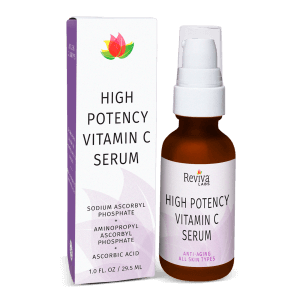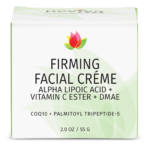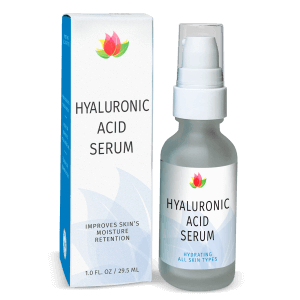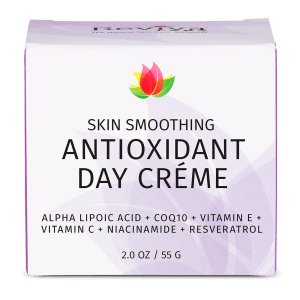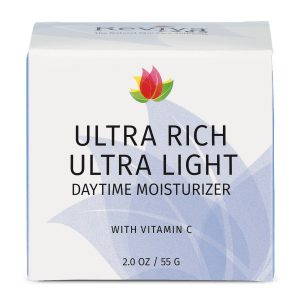Clean Beauty, Reviva Labs, Skin Care
What is Skincare to Prevent?
Skincare is more than a routine; it’s a commitment to preserving your skin’s health and vitality over the long term. Preventative skincare emphasizes early intervention to ward off potential skin issues before they become visible concerns. This approach goes beyond mere aesthetics, targeting the root causes of skin aging and damage to maintain a youthful and radiant complexion for as long as possible. By integrating preventative measures into your skincare regimen, you’re investing in your skin’s future, ensuring it remains resilient against the environmental aggressors and stressors that contribute to premature aging.
Reviva has long been an advocate for preventative skincare. Since our early days, founders Stephen and Judith Strassler have emphasized that preventing skin damage is superior to correcting it. This philosophy still resonates within the walls of Reviva today. While we can certainly address skincare issues, our joy lies in helping you avoid them altogether.
The Science Behind Preventative Skincare
Preventative skincare is grounded in a deep understanding of dermatological science and the biological processes that affect skin health. This includes the role of antioxidants in neutralizing free radicals, the importance of hydration in maintaining skin elasticity, and the need for sun protection to prevent UV-induced damage. Effective preventative skincare products are formulated with potent ingredients that support the skin’s natural defenses, promote cell renewal, and protect against environmental pollutants. By focusing on prevention, these products help to delay the onset of fine lines, wrinkles, and other signs of aging, allowing your skin to maintain its natural vitality.
Key Components of a Preventative Skincare Routine
A well-rounded preventative skincare routine incorporates several key components to address various aspects of skin health. These include:
- Moisturizers: Hydration is essential for plump, resilient skin. Moisturizers with ingredients like hyaluronic acid and ceramides help to lock in moisture, keeping the skin hydrated and preventing dryness and flakiness.
- Sunscreens: Daily sunscreen application is arguably the most critical step in preventative skincare. It protects the skin from harmful UV rays, which are a leading cause of premature aging and skin cancer.
- Antioxidants: Products containing antioxidants such as vitamin C, vitamin E, and green tea extract help to combat oxidative stress and environmental damage, reducing the risk of early signs of aging.
Tailoring Your Skincare Routine
Individual skin needs vary widely, influenced by factors like age, skin type, environmental exposure, and genetic predispositions. Therefore, a one-size-fits-all approach to skincare is ineffective. Tailoring your skincare routine to address your specific concerns and skin type is crucial for achieving optimal results. For instance, those with oily skin may benefit from lightweight, non-comedogenic moisturizers, while individuals with dry skin might require richer formulations. Similarly, the choice of active ingredients should align with your skin’s tolerance and the specific issues you’re aiming to prevent, whether that’s hyperpigmentation, loss of elasticity, or fine lines.
The Impact of Lifestyle Choices on Skin Health
Skincare is just one piece of the puzzle when it comes to maintaining a youthful, healthy complexion. Lifestyle choices play a significant role in skin health, with diet, exercise, sleep, and stress management all impacting the skin’s appearance and resilience. A balanced diet rich in antioxidants, omega-3 fatty acids, and vitamins can support skin health from the inside out, while regular exercise promotes circulation and detoxification. Adequate sleep is also essential for skin repair and rejuvenation, as it’s during these restful hours that the skin undergoes its most intensive regeneration process. Managing stress through mindfulness practices, hobbies, or relaxation techniques can further prevent stress-induced skin issues such as breakouts and irritation.
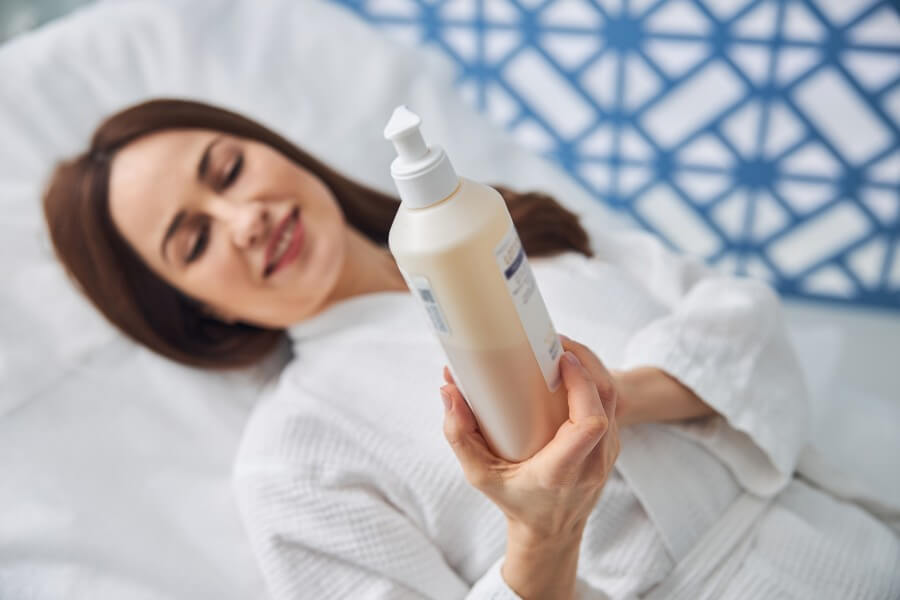
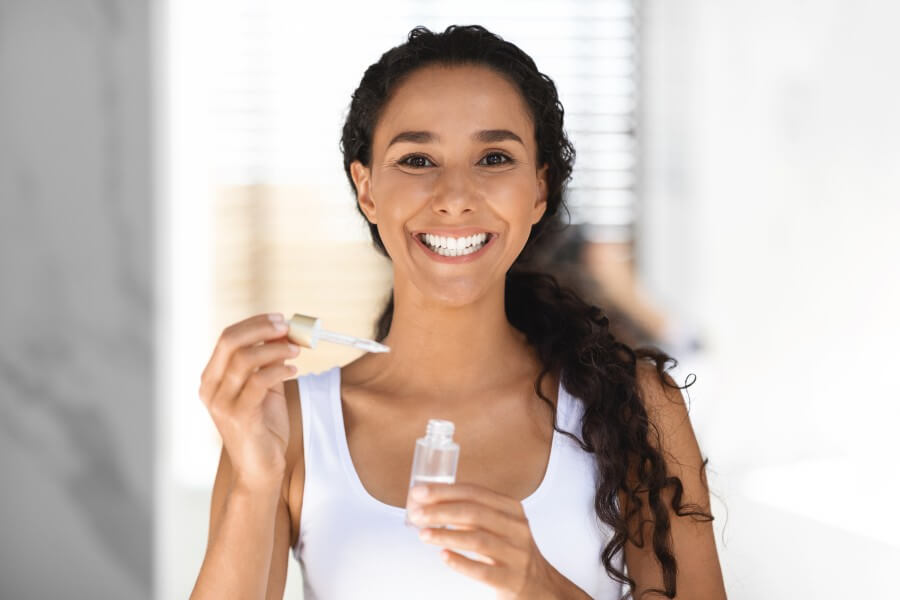
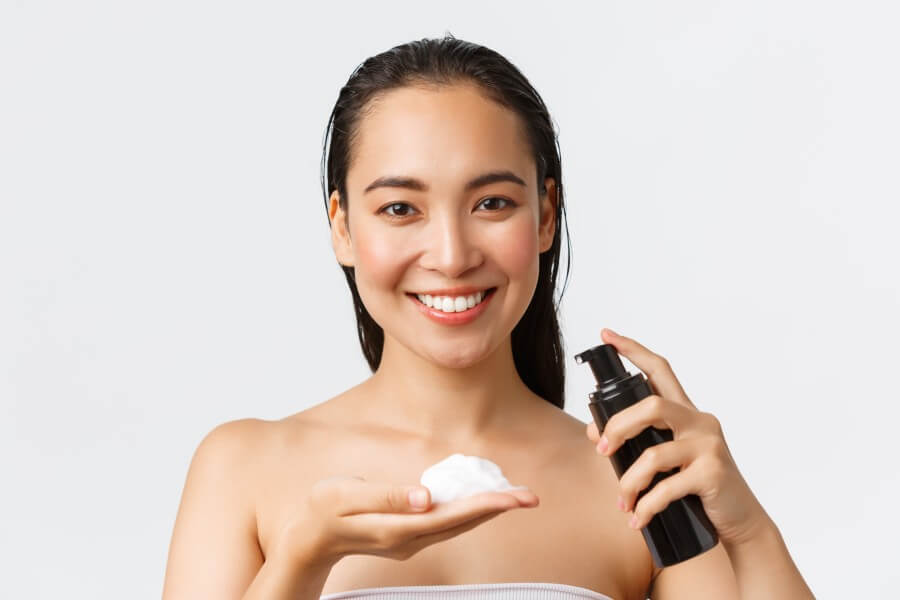
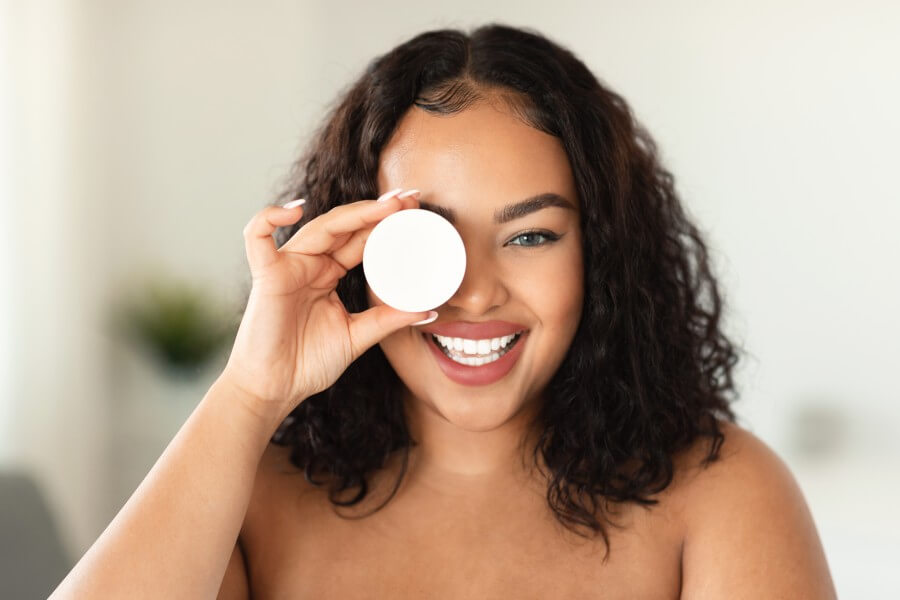
The Evolution of Preventative Skincare
The skincare industry has seen a significant shift towards preventative measures, driven by advancements in dermatological research and consumer awareness. Today, there’s a greater emphasis on early intervention and the use of targeted treatments to address the first signs of aging or damage. This evolution reflects a broader understanding of the skin’s aging process and the factors that contribute to it, from genetic aging to external influences like pollution and UV exposure. As a result, preventative skincare products are becoming more sophisticated, offering a range of options for individuals at different stages of life and with varying skin concerns.
Investing in Quality Skincare
When it comes to preventative skincare, the quality of the products you use matters. High-quality skincare formulations are backed by scientific research and contain clinically proven ingredients in concentrations that are effective yet safe for regular use. It’s important to choose products from reputable brands that prioritize the integrity and efficacy of their formulations. This ensures that your skincare routine not only addresses your immediate skin concerns but also contributes to your skin’s long-term health and appearance.
Embracing Preventative Skincare as a Lifestyle
Preventative skincare is more than a series of products; it’s a lifestyle choice that reflects a proactive approach to health and well-being. By adopting a preventative skincare routine, you’re making a conscious decision to care for your skin’s future, protecting it against potential damage and aging. This approach encourages a holistic view of beauty, where the focus is on nurturing and preserving rather than correcting. As more individuals embrace this mindset, the culture around skincare continues to evolve, prioritizing health, prevention, and the celebration of natural beauty at every age.
Understanding the Importance of Preventative Skincare
A statistic from the American Academy of Dermatology highlights the significance of preventative measures in skincare, noting that “Regular use of sunscreen with an SPF of 30 or higher can reduce the risk of developing squamous cell carcinoma by about 40% and lower melanoma risk by 50%”. This statistic underscores the critical role of sun protection in preventing not only cosmetic skin concerns but also more serious health issues like skin cancer.







